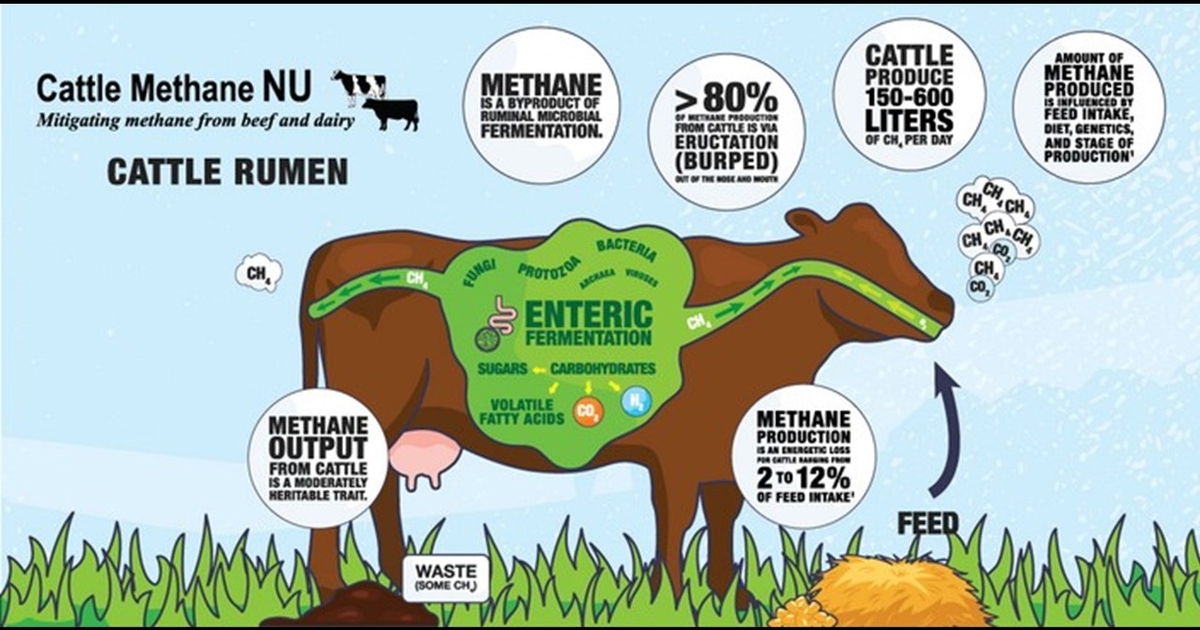Bill introduced to ban federal funds for cultured meat
Posted on June 21, 2024
Source: Farm Progress. The original article is posted here.

“Fake cell-cultured meat not only poses a health risk to the human body, but it also threatens the livelihoods of America’s hard-working ranchers, livestock farmers and butchers,” said Davidson. “Recently, laws prohibiting lab-grown meat have been passed in states like Florida and Alabama. Congress must act to ensure U.S. taxpayers are not footing the bill for this inferior, experimental product.”
The REAL Meat Act of 2024 would prohibit funding for research, development, promotion, advertisement or production of cell-cultured meat. It also would outlaw using federal nutrition funds for their purchase, including SNAP funds.
In early June, groups including the National Cattlemen’s Beef Association criticized a Department of Defense research grant to fund the development of cell-cultured meat. The struggling industry has faced pushback from lawmakers at the local, state and federal level over the past year, including sale bans and stringent labeling requirements. The REAL Meat Act has been referred to the House Agriculture Committee.
HSUS files SEC complaint against packers
The Humane Society of the United States has filed a complaint with the Securities and Exchange Commission against JBS and Pilgrim’s Pride alleging that the packers are “misleading investors about how they treat animals and about their climate and environmental impacts.” JBS is the largest meatpacker in the world, and Pilgrim’s Pride is a subsidiary of JBS.
JBS is seeking to become listed on the New York Stock Exchange, which requires significant disclosures to the SEC. In its 24-page complaint, HSUS alleges that the company has misled investors through false and misleading animal welfare and climate claims and has failed to disclose necessary information. It is asking the SEC to investigate JBS’s claims and “prevent the company from going public unless it is fully transparent and honest about its cruelty to animals and its true environmental impacts.”
In a release accompanying the filing, HSUS President and CEO Kitty Block and Humane Society Legislative Fund President Sara Amundson said, “We implore the SEC to take our (and many others’) concerns over animal welfare, climate and the environment seriously, not just because it is the right thing to do, but because investors depend on the SEC to protect them from companies that deceive investors about these important topics in ways that can lead to serious losses.”
On Thursday, USDA and over 20 federal agencies released an updated Climate Adaptation Plan to increase the federal government’s resilience to climate impacts. The initial plan, released in 2021, was updated to include historical data and projections; expand focus on federal employees, lands and waters; link climate adaptation actions with other administration priorities; adopt common progress indicators and more. The plans are available to the public at sustainability.gov .
Specifically, the plan takes into account risks such as increased potential for damage from wildfire, particularly among Forest Service facilities in the West, exposure to extreme heat by USDA employees and increased risk of flooding from extreme weather events.
“USDA has taken a Department-wide approach to considering the impacts of climate change on our mission delivery and those we serve,” said Agriculture Secretary Tom Vilsack. “From USDA headquarters to field offices nationwide, these efforts enable USDA to support the agriculture and forestry sectors and diverse communities across the country as they confront the impacts of climate change.”
“As communities face extreme heat, natural disasters and severe weather from the impacts of climate change, President Biden is delivering record resources to build climate resilience across the country,” said Brenda Mallory, chair of the White House Council on Environmental Quality. “By updating our own adaptation strategies, the federal government is leading by example to build a more resilient future for all.”

.jpg?disable=upscale&width=1200&height=630&fit=crop)


